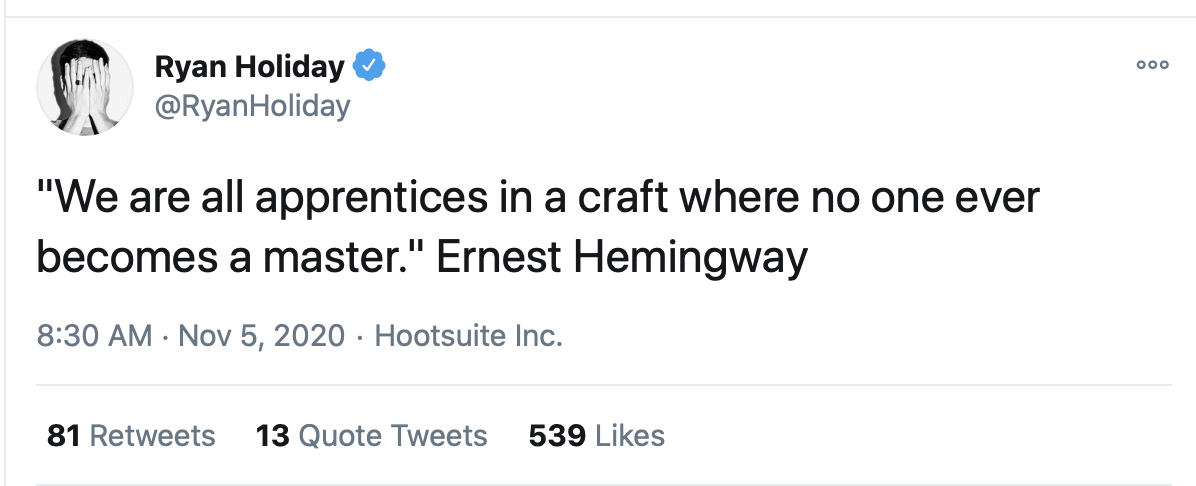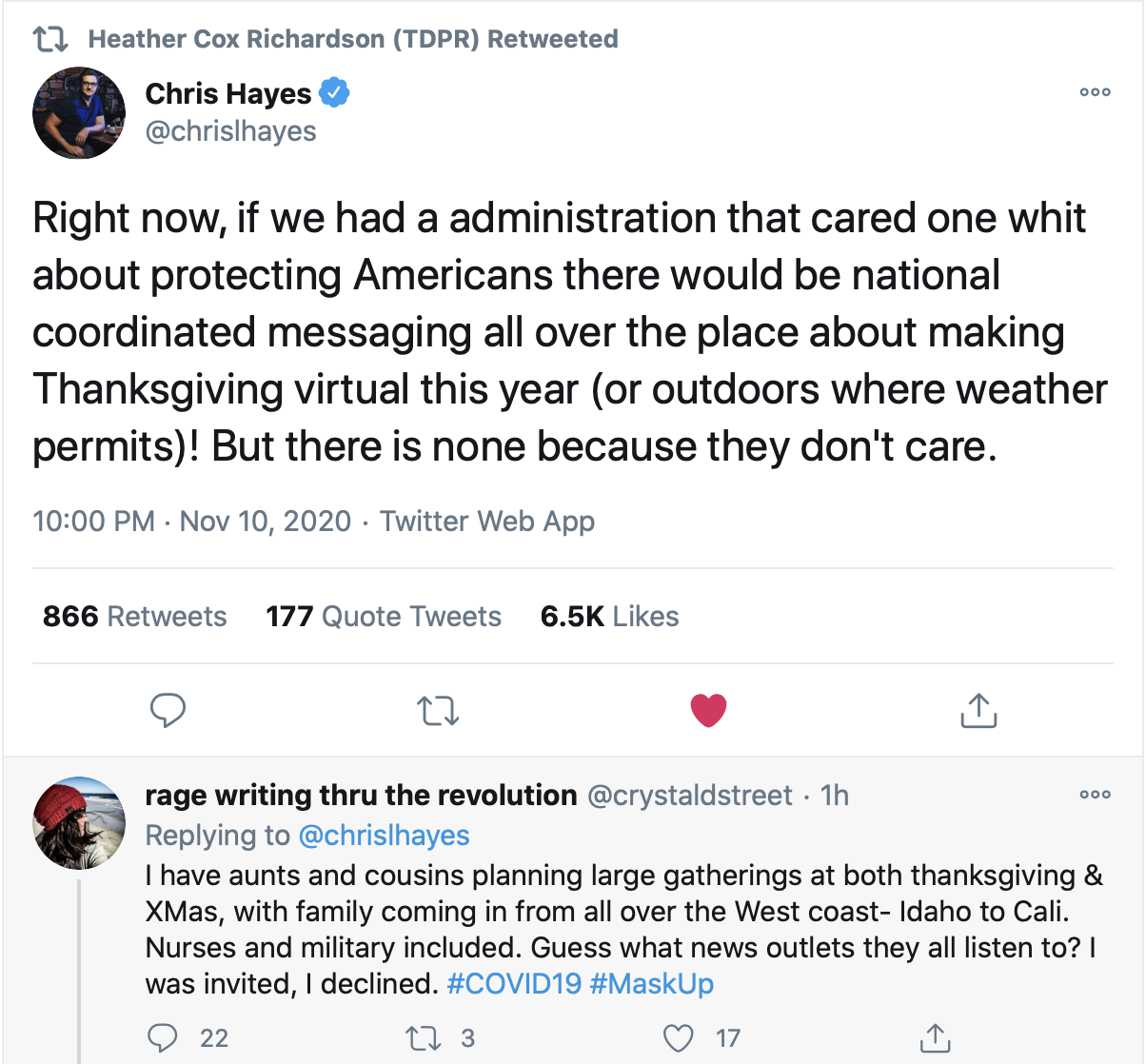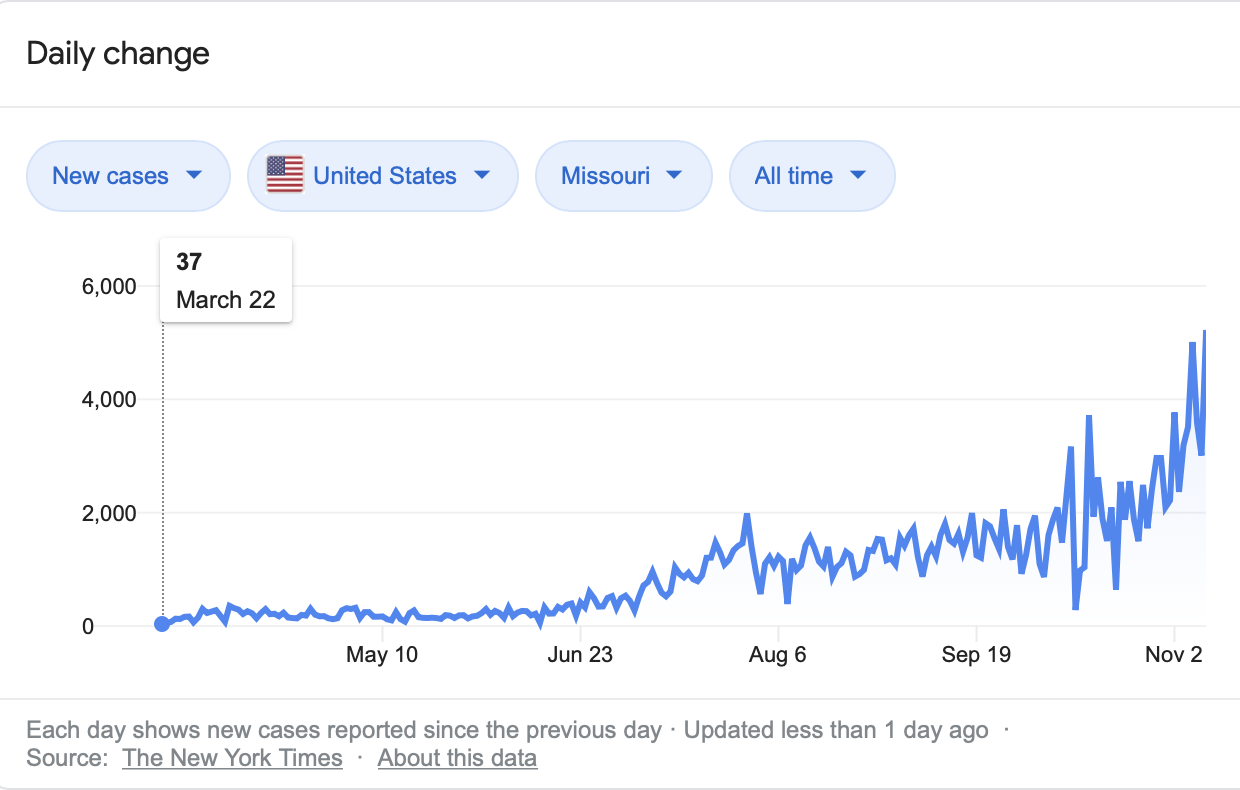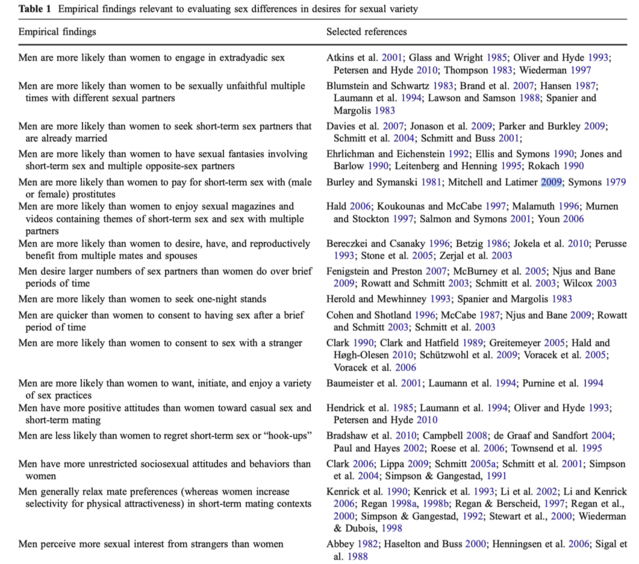Ancient Stoic Quotes for Today
I have recently become a subscriber to Ryan Holiday's podcast: The Daily Stoic. Listening to his episodes has encouraged me to read more on stoicism. Much has changed over the past 2,000 years, but the best advice by the stoics is as relevant as ever. Here are some examples.
"The Obstacle Is the Way." Marcus Aurelius
“Think of the life you have lived until now as over and, as a dead man, see what’s left as a bonus and live it according to Nature. Love the hand that fate deals you and play it as your own, for what could be more fitting?” – Marcus Aurelius
“And a commitment to justice in your own acts. Which means: thought and action resulting in the common good. What you were born to do.” — Marcus Aurelius, Meditations, 9.31
“People are frugal in guarding their personal property; but as soon as it comes to squandering time, they are most wasteful of the one thing in which it is right to be stingy.” – Seneca
"The first rule is to keep an untroubled spirit. The second is to look things in the face and know them for what they are." Marcus Aurelius
“Life is very short and anxious for those who forget the past, neglect the present, and fear the future.” – Seneca
“All ferocity is born from weakness.” Seneca
“A blazing fire makes flame and brightness out of everything that is thrown into it.” Marcus Aurelius
“I begin to speak only when I’m certain what I’ll say isn’t better left unsaid.” – Cato
"Learn to be indifferent to what makes no difference." Marcus Aurelius
He has the most who is content with the least. Diogenes
Just keep in mind: the more we value things outside our control, the less control we have. Epictetus
“He who fears death will never do anything worth of a man who is alive.” – Seneca
“No person has the power to have everything they want, but it is in their power not to want what they don’t have, and to cheerfully put to good use what they do have.” – Seneca
“Be tolerant with others and strict with yourself.” – Marcus Aurelius
If you are pained by any external thing, it is not this thing that disturbs you, but your own judgment about it. And it is in your power to wipe out this judgment now. - Marcus Aurelius, Meditations
“The best revenge is not to be like your enemy.” – Marcus Aurelius
“If anyone can refute me—show me I’m making a mistake or looking at things from the wrong perspective—I’ll gladly change. It’s the truth I’m after, and the truth never harmed anyone.” – Marcus Aurelius
We should always be asking ourselves: “Is this something that is, or is not, in my control?” - Epictetus, Enchiridion
Floods will rob us of one thing, fire of another. These are conditions of our existence which we cannot change. What we can do is adopt a noble spirit, such a spirit as befits a good person, so that we may bear up bravely under all that fortune sends us and bring our wills into tune with nature’s. - Seneca, Letters from a Stoic
Fate leads the willing, and drags along the reluctant. - Seneca, Letters from a Stoic
“If a person gave away your body to some passerby, you’d be furious. Yet you hand over your mind to anyone who comes along, so they may abuse you, leaving it disturbed and troubled — have you no shame in that?” — Epictetus
“Waste no more time arguing what a good man should be. Be One.” – Marcus Aurelius




